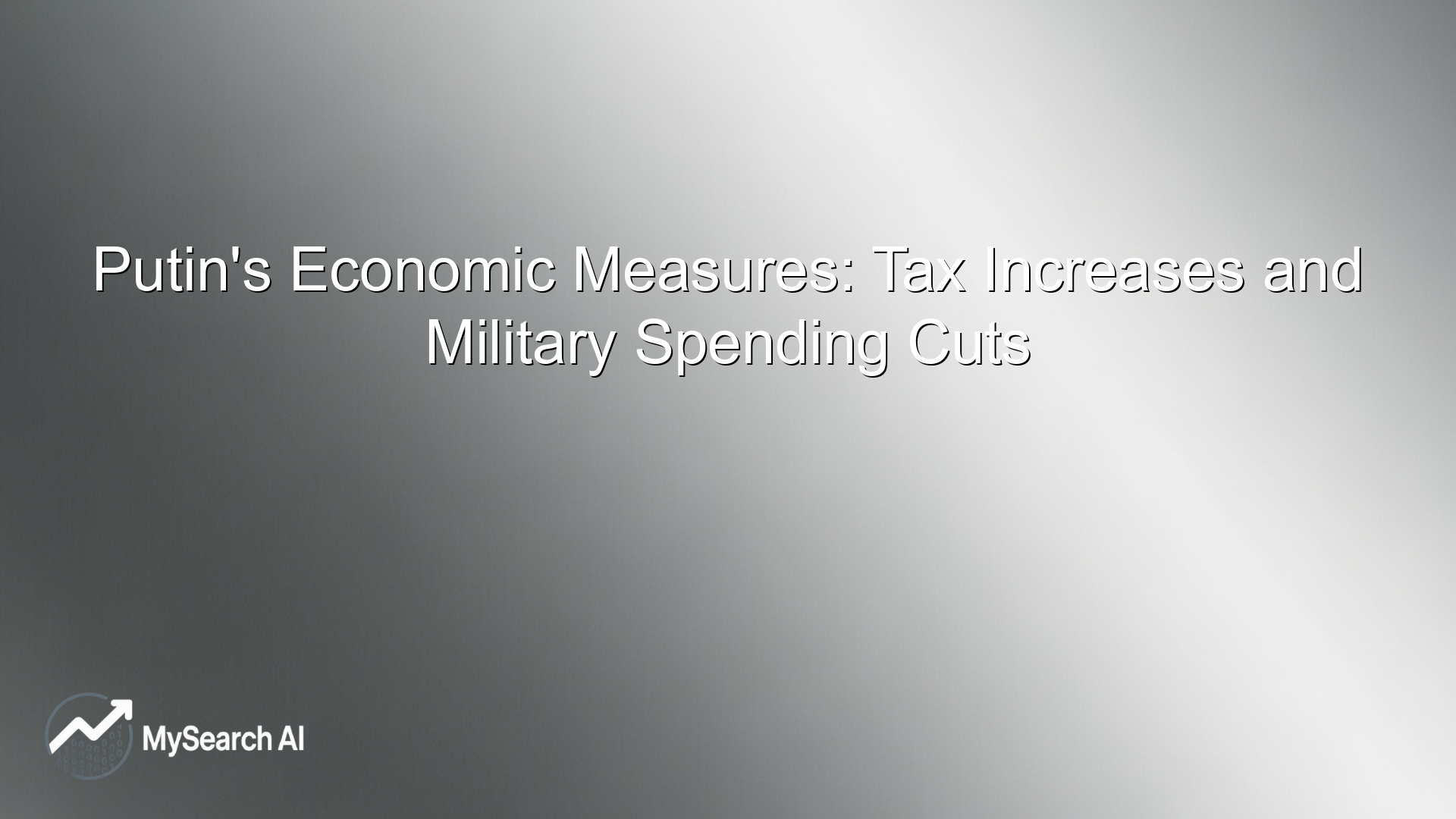Related Articles
Ask anything about stocks
Oil Prices Surge Amid Escalating Ukraine-Russia Conflict
Oil prices have jumped approximately 1.5% following recent escalations between Ukraine and Russia. This increase stems from a major Russian air attack on Ukraine, raising fears of energy supply disruptions. These tensions are creating uncertainty in the market, with significant impacts on global energy prices and stock indices like CL=F and BZ=F.
The Impact of Escalating Tensions on Oil Prices
The conflict between Ukraine and Russia has once again intensified, affecting global energy markets. The recent air attacks by Russia have caused a significant surge in oil prices by about 1.5%. Such increases are alarming for markets that are already dealing with uncertainties. Analysts are closely watching developments as supply disruptions could further escalate prices. [Current oil price figures](https://www.reuters.com/business/energy/oil-prices-open-up-around-1-after-modest-opec-output-hike-2025-10-05/) suggest continued volatility and potential impact on broader economic conditions. For investors tracking stocks like CL=F and BZ=F, this is a critical signal. These indices are directly tied to global oil futures, reflecting immediate changes in market sentiment. Understanding these trends helps in assessing potential risks and planning investments accordingly.
Energy Market Impact: A Broader Perspective
The Ukraine-Russia conflict’s impact on the energy market extends beyond simple price hikes. Energy supply chains face disruptions, affecting countries dependent on Russian and Ukrainian exports. European countries, particularly reliant on these supplies, may face increased energy costs. The energy market impact could trigger a cascading effect, influencing consumer prices and inflation rates. In the context of global trade, ensuring stable oil supply becomes vital. Countries are exploring alternative sources to mitigate risks. Such strategic moves might shift traditional market dynamics, prompting policy discussions around energy independence. This shows the need for a diversified energy mix to counteract geopolitical tensions’ ripple effects. Studying these changes can provide investors with insights into potential market opportunities or vulnerabilities.
Market Reaction and Investment Perspective
Investor reactions to the recent price surge are varied. Some see potential short-term gains, while others worry about long-term stability. Stocks tied to oil futures like CL=F have experienced fluctuations, triggering cautious optimism among traders. Looking ahead, the market sentiment appears wary but opportunistic. Experts recommend closely monitoring geopolitical developments for timely investment decisions. With energy prices rising, associated sectors such as transportation and manufacturing might also experience cost pressures. For investors, understanding these dynamics is crucial. The ongoing Ukraine-Russia conflict remains a key variable in global energy markets, influencing price movements and investment strategies. Keeping abreast with trusted sources, like articles on CNBC, can help navigate these complex conditions.
Final Thoughts
The surge in oil prices highlights the fragility of the global energy market amid geopolitical tensions. As the Ukraine-Russia conflict continues, understanding its impact on supply chains and market indices is essential. Investors need to stay informed, adapting strategies to navigate the volatile energy landscape. Exploring alternative sources and diversifying investments can mitigate risks and capitalize on emerging opportunities. Monitoring these developments will offer valuable insights into market resilience and potential future trends.
FAQs
Why have oil prices surged recently?
Oil prices surged due to escalating tensions between Ukraine and Russia, leading to air attacks by Russia. This heightened fears of disruptions in energy supplies, driving up prices by 1.5%.
How does the Ukraine-Russia conflict affect energy markets?
The conflict disrupts supply chains and increases energy costs, particularly in Europe. This could lead to higher consumer prices and inflation, impacting global trade dynamics.
Can investors benefit from the rising oil prices?
Investors can benefit from short-term price gains but must be cautious of long-term market stability. Monitoring geopolitical events is crucial for making informed investment decisions.
Disclaimer:
This is for information only, not financial advice. Always do your research.



